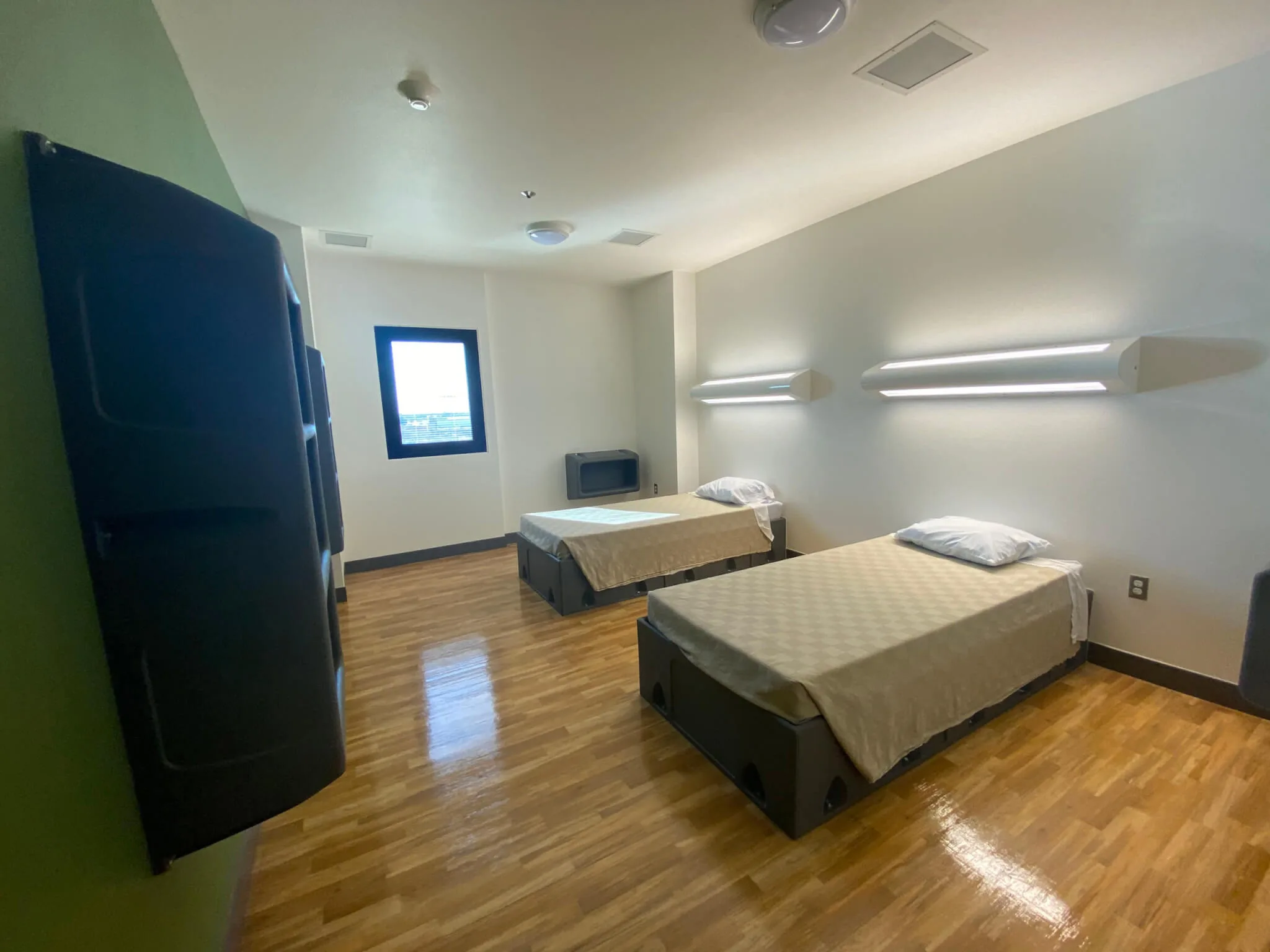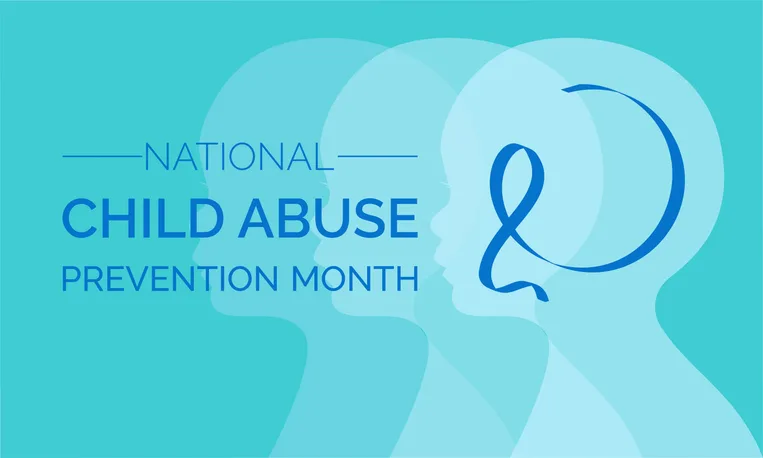
Patients at Valleywise Health Behavioral Health Center can stay with a roommate or have a room to themselves. Photo courtesy of J.J. Santos, Cronkite News
Plus two other stories impacting Arizona’s Latino community.
At one time, Maryvale Hospital served the uninsured or underinsured; however, that changed when the hospital closed its doors in 2017. Those doors are now open again and ready to help residents in the Maryvale community with critical mental health services.
As of this month, the newly-opened Valleywise Behavioral Health Center has 192 beds as a temporary home for residents in need of mental health assistance.
“We’ve taken a hospital that was closed and converted it into a facility that will be addressing some of the most pressing needs that we have here in Maricopa County – the care of behavioral health patients and those who are seriously mentally ill,” said Steve Purves, CEO of Valleywise Health, in a statement to Cronkite News.
Currently, Arizona ranks 28th in access to mental health resources. Gene Cavallo, senior vice president for Valleywise Health, told Cronkite News that the treatment center helps relieve the “pent up demand for mental health services.” He added that the new behavioral health center nearly doubles the number of beds with a total of 400 that Valleywise Health dedicates to the mentally ill.
The facility is also expected to bring economic benefits to the area. Valleywise Health’s emergency room and behavioral center will bring 300 to 400 jobs to the Maryvale neighborhood.
Valleywise Health purchased the property in March 2018 with funds from voter-approved Proposition 480. The organization plans to open additional clinics in Peoria and south Phoenix later this year, and two others in Phoenix next year. They also plan to open a community health center just north of the behavioral health center in 2023.
Interior Repatriation Initiative Surpasses 1,000
U.S. Customs and Border Protection announced Friday that the number of undocumented Mexican immigrants deported to the deep interior of Mexico under the Interior Repatriation Initiative (IRI) has surpassed 1,000.
The IRI is a joint agreement between the U.S. government and Mexico meant to discourage Mexican undocumented immigrants from returning and attempting to cross back into the U.S. It began as a pilot program in 2012 and was signed as a permanent initiative on April 18, 2013.
CBP Acting Commissioner Mark Morgan called the number “another successful Trump Administration initiative that demonstrates our urgency to apprehend and quickly remove those who illegally cross our border.”
This is not the first time the U.S. has attempted to stem the flow of undocumented Mexican immigrants through mass deportation efforts.
During “Operation Wetback” in the 1950s, the U.S. Government made an agreement with Mexico that allowed them to round up Mexican immigrants – including American citizens of Latino descent – and send them to Central Mexico in hopes of them not returning.
The agreement was in response to the flood of migrants who crossed into the U.S. through the Bracero Program, which opened the borders to Mexican immigrants to work the farms after Filipino migrant workers went on strike for low wages and poor working conditions.
According to History, mass deportations of Mexican immigrants from the U.S. date back to the Great Depression. Rather than include Mexican-born workers in New Deal welfare programs, the federal government began a wave of deportations. The government has continually used the term “repatriation” to give mass deportations a sense of being voluntary, says historian Francisco Balderrama.
Bill Proposal Would Cut Prison Time for Non-Dangerous Offenders
If Arizonans for Second Chances, Rehabilitation, and Public Safety has its way, a ballot proposal filed Tuesday will cut the sentences of non-violent offenders for good behavior.
According to Arizona Vote, The Second Chances, Rehabilitation and Public Safety Act would increase opportunities to earn release credits for people in prison for non-dangerous offenses. Credits would be awarded for good behavior, as well as participation in opportunities like rehabilitation and education programs.
If passed, the ballot initiative would also:
- remove a requirement for eligibility under the earned release credit program;
- amend two sentencing statutes;
- establish a Victim and First Responder Support Services Fund; and
- transfer unused monies from an existing fund to implement the Act and fund the Victim and First Responder Support Services Fund.
Currently, inmates generally must serve 85 percent of their punishments, according to AZFamily.
Organizers have until July 2 to gather the 237,645 signatures needed to put the measure on the ballot for the November election.
Politics

6 terrifying things that could happen if the Comstock Act is used to target abortion
Does 1873 sound like a really, really long time ago? Well, that’s because it is—but if Republicans and far-right anti-abortion activists have their...

He said what? 10 things to know about RFK Jr.
The Kennedy family has long been considered “Democratic royalty.” But Robert F. Kennedy, Jr.—son of Robert F. Kennedy, who was assassinated while...
Local News

Opinion: Strategies for Child Abuse Prevention
11 ways you can be an ally in the fight against child abuse. April is Child Abuse Prevention Month. In the United States, it is estimated that a...

Biden marks Earth Day by announcing $7 billion in solar grants
The Biden administration on Monday announced the recipients of its Solar For All Program, a $7 billion climate program that aims to lower energy...




